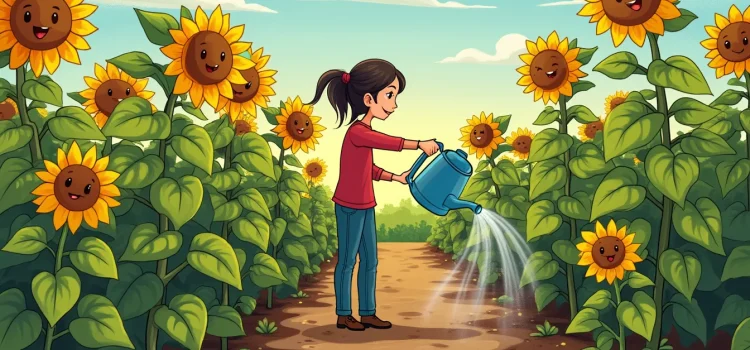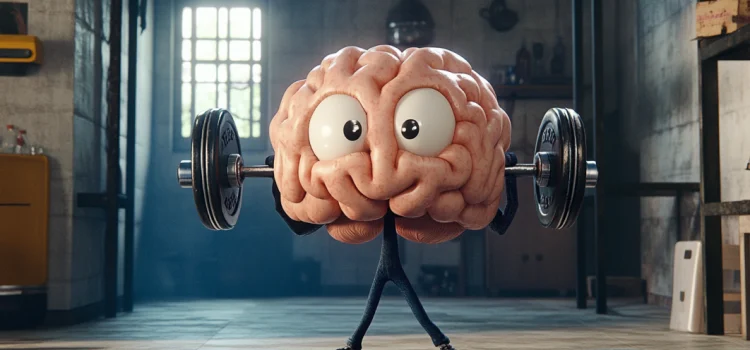Why do we create false explanations for our feelings and behaviors? What makes us cling to these made-up reasons even when they don’t serve us well? In You Are Not So Smart, David McRaney explores the fascinating phenomenon of self-justification and its impact on our daily lives. He reveals how we unconsciously fabricate explanations for everything, from our food preferences to our mood swings. Keep reading to discover why these mental shortcuts might hold you back from authentic self-discovery and personal growth.
How Self-Justification Harms Your Self-Perception & Growth










